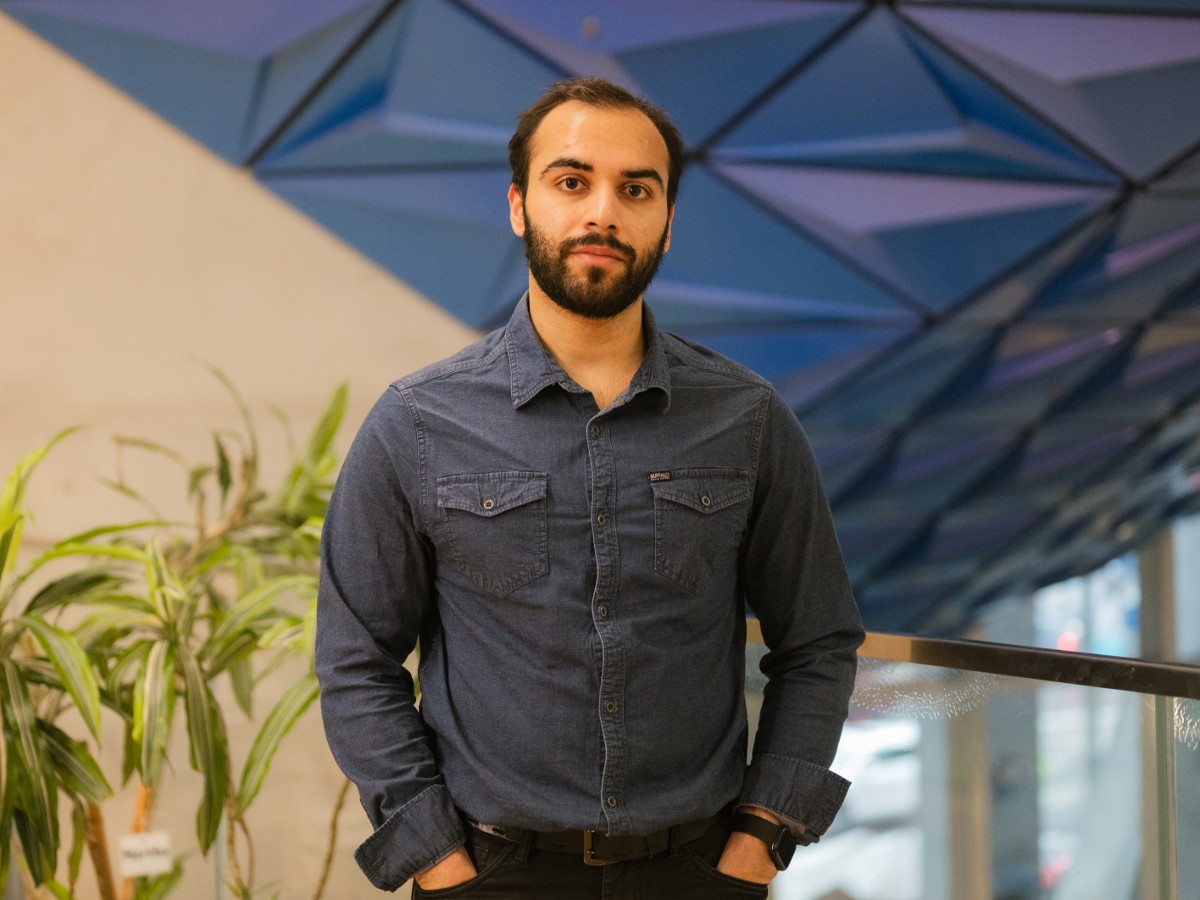Tracing messages from the human brain
PhD candidate Gurpreet Jagdev uses mathematical models to explore neural networks

By understanding the brain through modelling, we step closer to figuring out how to better deal with its diseases. Mathematics PhD candidate Gurpreet Jagdev’s approach focuses on signal transmission through the brain’s neural networks. Neurons are nerve cells that send messages through the body for everything from breathing to thinking but with some conditions like essential tremors, Parkinson's disease, and epilepsy, neuron bursts or signals happen differently. “If we could identify the factors that lead to overly synchronous bursting, it might have certain applications for understanding these diseases,” says Jagdev.
When asked about what he expects to find when starting a new project, Jagdev says he goes where the results take him. “It's really an exploration, you don't know exactly what you're getting into until you go through the work,” he says. “We build mathematical models, and we vary parameters through a simulation. And we try to see how that affects various properties of the model. We want to try to isolate the effects of certain variables on physical properties of neurons.” Jagdev’s work is supported by TMU’s Queen Elizabeth II Graduate Scholarship, and his poster recently won top ranking at the Faculty of Science’s inaugural Research Symposium.
He has already published two papers on the topic with his supervisor, professor Na Yu, who invited him to continue in her lab for his PhD. The doctoral work will continue exploring the same issues in the brain but figuring out how the structure of a neural network affects its properties.
While he’s fascinated by the brain, Jagdev’s first love is math. “It's an added bonus to be able to do something so fascinating like neuroscience research. You get to learn a lot. But my real passion is mathematics.”
Jagdev is also a member of the TMU Biomathematics Research Group, connecting scientists with a deep interest in applying mathematical techniques to the study of fluids and biology.